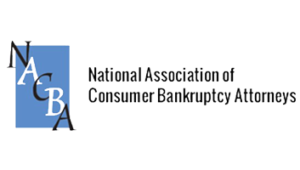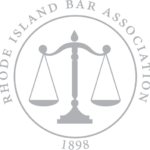RI Bankruptcy Law: Discharge vs Debt Cancellation
RI Bankruptcy Law: Understanding the tax difference between bankruptcy discharge and debt cancellation. Discharged debt is not taxable, but cancelled debt is.
RI Bankruptcy Law: Giving To Charity While Bankrupt
RI bankruptcy court won’t interfere with Chapter 7 or Chapter 13 debtor from making charitable contributions unless there is a clear attempt to avoid creditors
Filing Chapter 7 Bankruptcy in Rhode Island: Not A Moral Issue
Too much debt forces many to file bankruptcy. RI bankruptcy lawyer Mark Buckley explains why people file for Chapter 7 bankruptcy relief.
RI Bankruptcy Law:Preparing to File a Chapter 7 Bankruptcy
Preparing for a Chapter 7 bankruptcy in Rhode Island? Here is some practical advice to avoid future complications with your bankruptcy case.




